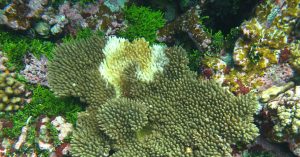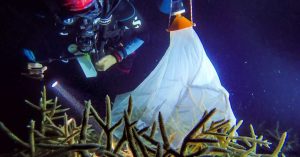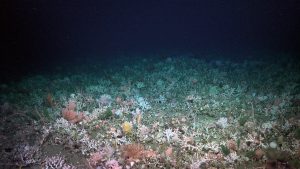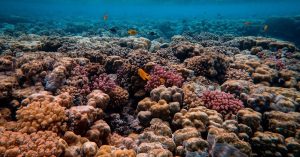Corals are essential to human well-being
Coral reefs are among the most valuable ecosystems on Earth. Occurring in more than 100 countries and territories, tropical coral reefs and deep-water corals are vital to human well-being, providing food security, livelihoods and economic opportunities, and coastal protection for at least 500 million people across the world.
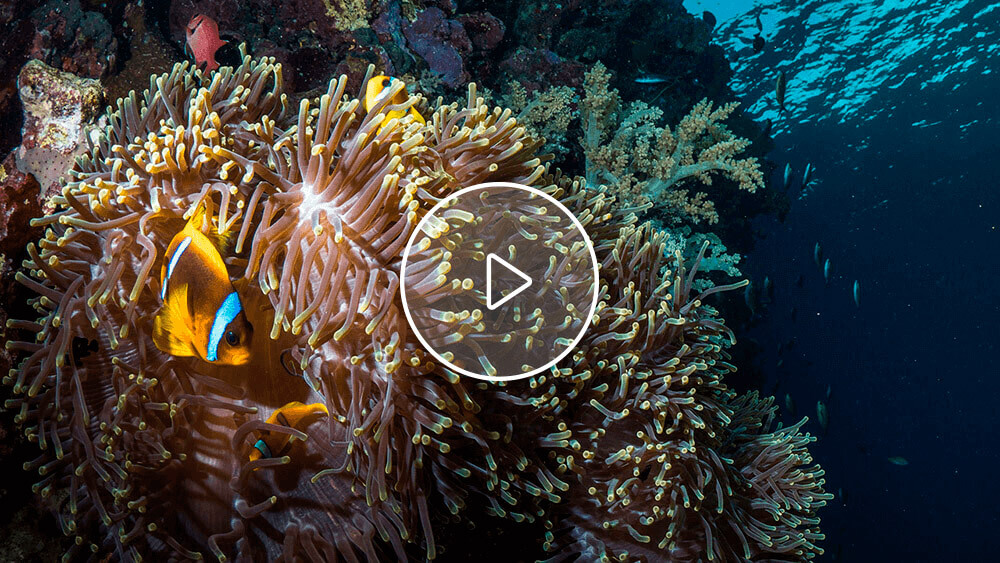
How corals benefit us

Economic
Corals support the livelihoods of 500 million people directly.
Coral reef-related tourism produces US $36 billion per year.
Reduce expected storm damages by more than US $4 billion annually.
Lower the total number of people affected by flooding by 45% annually.
Total economic goods and services: about US $2.7 trillion per year.
Environmental
Corals cover 0.2% of the ocean floor but support at least 25% of all marine species.
Shelter an estimated 32% of all named marine species.
Total ecosystem services: nearly US $10 trillion per year (almost equal to the annual GDP of China).
Total benefit
US $12.7 trillion per year.
(Over 15% of worldwide annual GDP).
The first global ecosystem threatened by functional extinction
And yet, as rich and beneficial as corals are, over two-thirds of the world’s corals have been lost because of human activity. 75% to 90% of the remaining corals could disappear in the next decades. For the first time, an entire ecosystem that supports millions of species and people may be lost at the hands of humans.
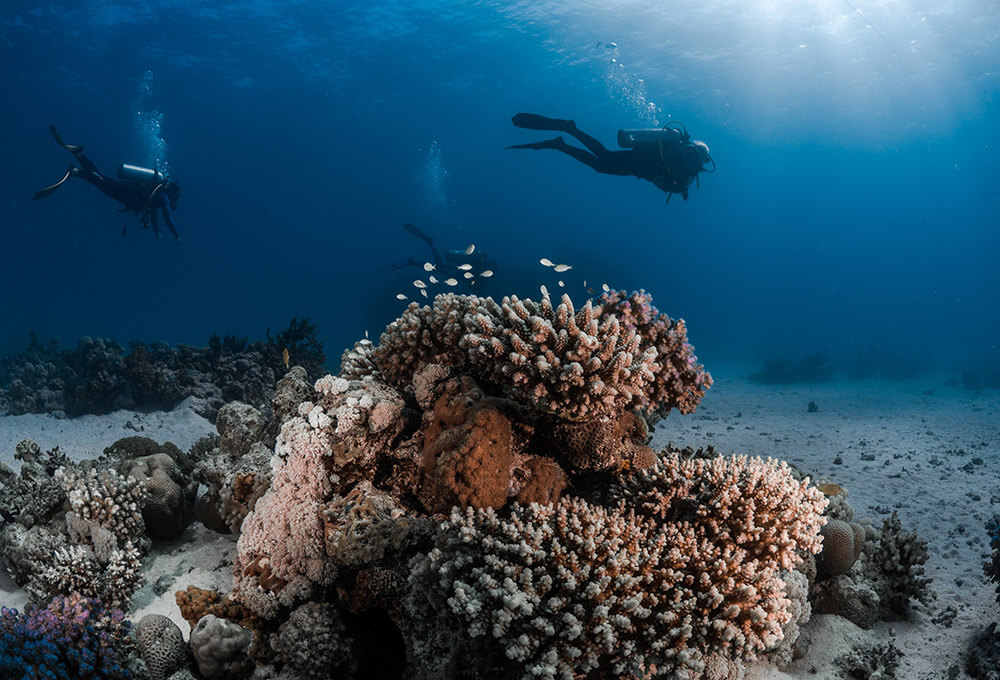
The window is closing—we must act now
Our window of opportunity for saving the corals is rapidly closing and will shut in 10 to 15 years.
The IPCC’s 2018 report indicated that warming will continue at least until mid-century under all emission scenarios and predicts
that warming will exceed 2°C this century unless we sharply reduce greenhouse gas emissions in the coming decades.
The COP26 climate summit confirmed this, predicting a warming of 2.4°C.









References
G20 Environment Ministers Communiqué. Virtual Meeting – September 16, 2020. Communiqué. [Paper]
UN SDG 14. The Sustainable Development Goals Report 2021. [Infographic]
Rebuilding Coral Reefs. A Decadal Grand Challenge. ICRS Science to Policy Paper 2021. [Paper]
Hoegh-Guldberg, O., 1999, Climate Change, Coral Bleaching and the Future of the World’s Coral Reefs. Marine and Freshwater Research, 50, 839-866. CSIRO Publishing. [Paper]
Simon Donner et al., 2005, Global assessment of coral bleaching and required rates of adaptation under climate change. Global Change Biology. [Paper]
Simon D. Donner, 2009, Coping with Commitment: Projected Thermal Stress on Coral Reefs under Different Future Scenarios. Plos One. [Paper]
R. van Hooidonk & M. Huber, 2012, Effects of modeled tropical sea surface temperature variability on coral reef bleaching predictions, 31, pages121–131. Springer. [Paper]
K. Frieler et al., 2013, Limiting global warming to 2 °C is unlikely to save most coral reefs, B, pages 165–170. Nature Climate Change. [Paper]
Intergovernmental Panel on Climate Change (IPCC). Hoegh-Guldberg, et al., 2018: Impacts of 1.5ºC Global Warming on Natural and Human Systems. In: Global Warming of 1.5°C. An IPCC Special Report on the impacts of global warming of 1.5°C above pre-industrial levels and related global greenhouse gas emission pathways, in the context of strengthening the global response to the threat of climate change, sustainable development, and efforts to eradicate poverty. Intergovernmental Panel on Climate Change (IPCC). [Chapter]
Ruben van Hooidonk, Local-scale projections of coral reef futures and implications of the Paris Agreement, 6, Article number: 39666. Nature Scientific Reports. [Paper]
Schleussner C.-F et al., Differential climate impacts for policy-relevant limits to global warming: the case of 1.5 °C and 2 °C, Earth Syst. Dynam., 7, 327–351, Earth Systems Dynamics. [Paper]
Terry P. Hughes et al., 2017a, Global warming and recurrent mass bleaching of corals, 543, pages 373–377. Nature. [Paper]
Status of Coral Reefs of the World: 2020 Report. GCRMN, ICRI, Australian Government, and Australian Institute of Marine Science. [Report]
COP26: World headed for 2.4C warming despite climate summit – report. BBC. [Article]
News & Events
Your contribution can fast-track research and development solutions to save the corals.
Images: © Morgan Bennett-Smith

